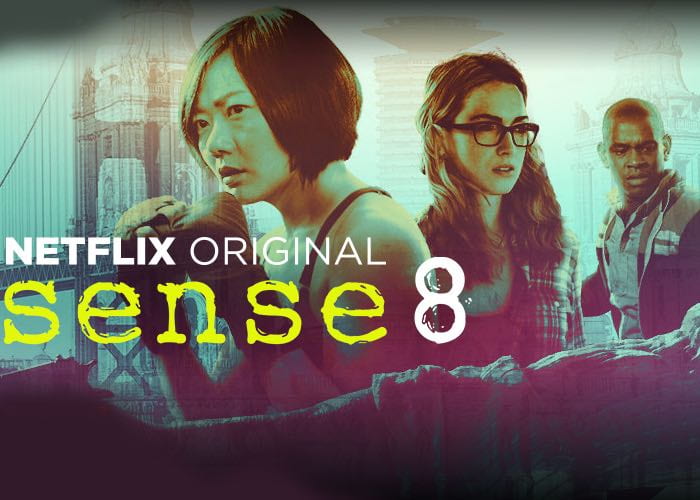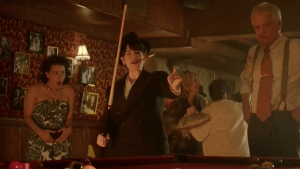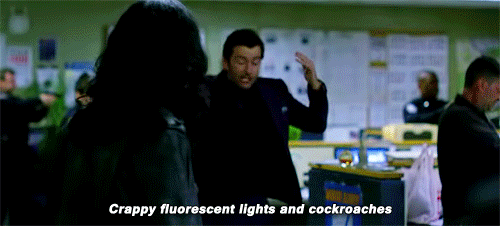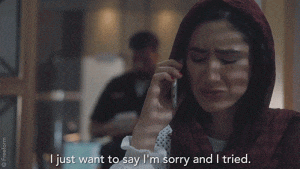The idea of family is one that has been present throughout every episode of Sense8. How could it not, when each character is linked by a bond stronger than that of any sibling or spouse? This is a theme that is often explored by the show’s writers, and comes to the center of the show’s attention in season 2 episode 9, “What Family Actually Means”.
The episode was written and directed by Lana Wachowski, along with her sister, Lilly Wachowski- the duo behind The Matrix, Cloud Atlas and numerous other sci-fi movies and tv shows. In “What Family Actually Means”, the Wachowskis explore the idea of family, and, as the title may suggest, what it really means for people to call each other family. Almost every scene in the episode, save maybe for Wolfgang’s carryover from the bruhaha of the last episode, ties directly into the idea of family. From the beginning of the episode, we see Nomi giving a powerful speech in which she describes how her sister was there for her when she needed her the most, despite having done everything that she could to push her away. This, Nomi tells an unfriendly audience, is what family really means: people who are there for you and love you unconditionally.
As the episode goes on, we see more definitions of what family is, and what it is not. We see Sun’s disgust at a poster of her brother beneath the words “Family is our business”. He had let Sun take the fall or his embezzlement, thus putting himself and the family company over the well-being of his own sister, deftly defying the notion that families look after one another. Will and Riley also uncover additional familial transgressions, as they find out that Angelica sold out members of the other cluster that she birthed to Mr. Whispers to lobotomize. The horror of this is solidified with the apparent suicide of the doctor who had facilitated it over what she had done. Turning back to positive examples of family, the audience is shown how Dani, practically family to Lito, drags him out of his depression and gets him an interview with a Hollywood producer for a film that she thinks will be perfect for Lito. She stayed up all night reading hundreds of scripts because she was dedicated to Lito and determined to get him back on his feet. We witness Nomi’s family, her girlfriend, her sister, and her father all come together to defend her from the FBI agent bursting into her sister’s wedding. For the first time, Nomi’s father stands up for her and refers to her as his daughter. This leads us to another notion about family, that despite internal issues, you always stick together in the face of outsider attacks.
This scene also introduces another aspect of the show’s writing, the feminist devotion to portraying many types of people and their daily realities. In the wedding scene Nomi’s girlfriend calls out the FBI agent for interrupting the wedding just to “Satisfy his male ego”. Additionally, we constantly see the tension between Nomi and her family over the issue of her being transgender. Lito’s career is struggling because he is a gay actor who wants to play masculine roles. We see Kala struggle with gender norms and the fact that a brilliant friend of hers had given up science to become a homemaker. These are all very real issues that people face because of who they are and the show does not hesitate to depict them.
Finally, the reality of grief and loss is depicted as Will loses his father and we see all of the moments that they had shared together and realize that families do not last forever.
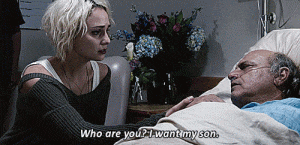
Will cannot be there in person for his father’s last moments.

